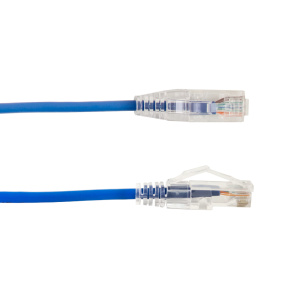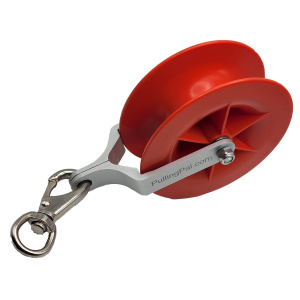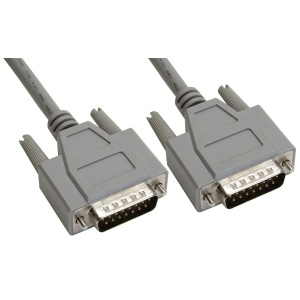It’s been said that quality is never an accident. It’s always the result of intelligent effort. That’s particularly true when it comes to electrical power in industrial settings. In this article, we’re shedding light on the immense significance of power quality testers in the industrial sphere.
The Importance of Power Quality Testers in Industrial Settings
In the fast-paced, output-oriented industrial world, downtime can mean disaster. Power quality testers are the unsung heroes, ensuring smooth and efficient operations. These devices check the power supply for any anomalies that could potentially disrupt or damage equipment, and if found, alert personnel to rectify them promptly.
Unraveling the Concept of Power Quality
Before we delve deeper, it’s crucial to understand what we mean by power quality. It’s the measure of an electrical system’s fitness to power the connected devices efficiently. To put it in layman’s terms, think of it like the quality of water flowing through your pipes – just as you’d want clean, uncontaminated water, you’d want a clean, stable electricity supply.
Why Power Quality Matters
Consider this – would you run a marathon with poor-quality shoes? You could, but the risk of injury would be higher, and your performance wouldn’t be as good. The same principle applies to electrical equipment operating with poor power quality. It can result in increased wear and tear, decreased performance, and even catastrophic failure of the equipment.
Power Quality Issues and Their Impact on Industries
Common Power Quality Problems
In industrial settings, various power quality problems can arise. These include voltage dips and swells, power surges, harmonic distortion, flicker, and outages. Any of these can lead to performance degradation or damage to sensitive equipment.
The High Costs of Poor Power Quality
Poor power quality can result in significant costs for industries. These are not just direct costs associated with equipment repair and replacement, but also indirect costs such as production downtime, waste of resources, and reputational damage due to failed deliveries.
Power Quality Testers: The First Line of Defense
What Are Power Quality Testers?
A power quality tester is a device used to measure and analyze the power quality of electrical systems. It identifies any irregularities or deviations from the ideal power supply and allows for corrective actions to be taken before significant damage occurs.
Why Use Power Quality Testers?
Regular testing and monitoring of power quality can detect potential issues before they cause significant damage. This proactive approach can save industries both time and money and ensure that operations run smoothly without interruptions.
The Benefits of Using Power Quality Testers in Industrial Settings
Preventing Downtime and Increasing Operational Efficiency
By identifying and rectifying power quality issues promptly, power quality testers can significantly reduce the risk of unexpected downtime. This ensures that the industrial process runs efficiently and uninterrupted, leading to better productivity and profitability.
Enhancing Equipment Lifespan
Good power quality translates into less stress on industrial equipment, leading to a longer lifespan and lower replacement costs. It’s like feeding your car the right quality of fuel – it simply runs better and lasts longer.
Choosing the Right Power Quality Tester for Your Needs
There’s no one-size-fits-all power quality tester. The right one for your industry depends on various factors, such as the type of equipment used, the complexity of your electrical system, and the specific power quality issues you’re facing.
Power Quality Testers: Your Ticket to a More Reliable and Efficient Industrial Operation
With their ability to detect, analyze, and alert about power quality issues, power quality testers play an indispensable role in maintaining the reliability and efficiency of industrial operations. Ignoring their importance could be a costly mistake.
Conclusion
In conclusion, the role of power quality testers in industrial settings cannot be overemphasized. They’re an essential tool in any industry’s arsenal, helping to safeguard operations, enhance efficiency, and ultimately, protect the bottom line.
Frequently Asked Questions
1. What are the most common power quality issues? Voltage dips, swells, power surges, harmonic distortion, and flicker are some of the most common power quality issues.
2. How do power quality issues impact industrial equipment? Poor power quality can cause performance degradation, increased wear and tear, and even catastrophic failure of industrial equipment.
3. Why are power quality testers important in industrial settings? Power quality testers detect power quality issues before they can cause significant damage or disruption, helping to prevent costly downtime and enhance operational efficiency.
4. How can power quality testers increase equipment lifespan? By ensuring good power quality, power quality testers reduce stress on equipment, leading to a longer lifespan and lower replacement costs.
5. What should I consider when choosing a power quality tester? The type of equipment used, the complexity of your electrical system, and the specific power quality issues you’re facing are key considerations when choosing a power quality tester.
6. Can I ignore power quality testing? Ignoring power quality testing could lead to costly consequences such as unexpected downtime, damaged equipment, and decreased operational efficiency.












